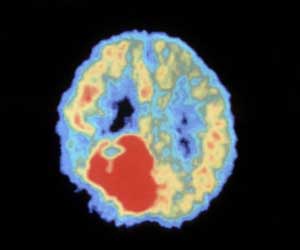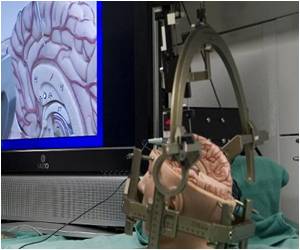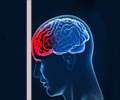
‘Two proposed biomarkers for mild traumatic brain injury (mTBI), GFAP and UCH-L1, were not able to identify patients with mTBI. This could lead to false-positive diagnoses and unnecessary brain imaging.’
Tweet it Now
Jussi Posti and coauthors from Turku University Hospital and
University of Turku (Finland), VTT Technical Research Center of Finland
(Tampere), and University of Cambridge, Addenbrooke's Hospital (U.K.),
measured the levels of glial fibrillary acidic protein (GFAP) and
ubiquitin C-terminal hydrolase-L1 (UCH-L1) in patients at several time
points after acute orthopedic injuries. The researchers compared the levels to those in patients with computed tomography (CT)-negative mTBI. They report the results in the article entitled "Glial Fibrillary Acidic Protein and Ubiquitin C-Terminal Hydrolase-L1 Are Not Specific Biomarkers for Mild CT-Negative Traumatic Brain Injury."
"This study represents another important contribution to the field of biomarker discovery within the context of mild traumatic brain injury," says John T. Povlishock, Editor-in-Chief of Journal of Neurotrauma.
"Although as noted by the authors, this study used platforms and assays different from previous reports in the literature, the fundamental fact remains that this study's findings emphasize the need for increased vigilance when using GFAP and UCH-L-1 as potential biomarkers of mild traumatic brain injury in a patient population that has sustained concomitant orthopedic injury."
Source-Eurekalert















